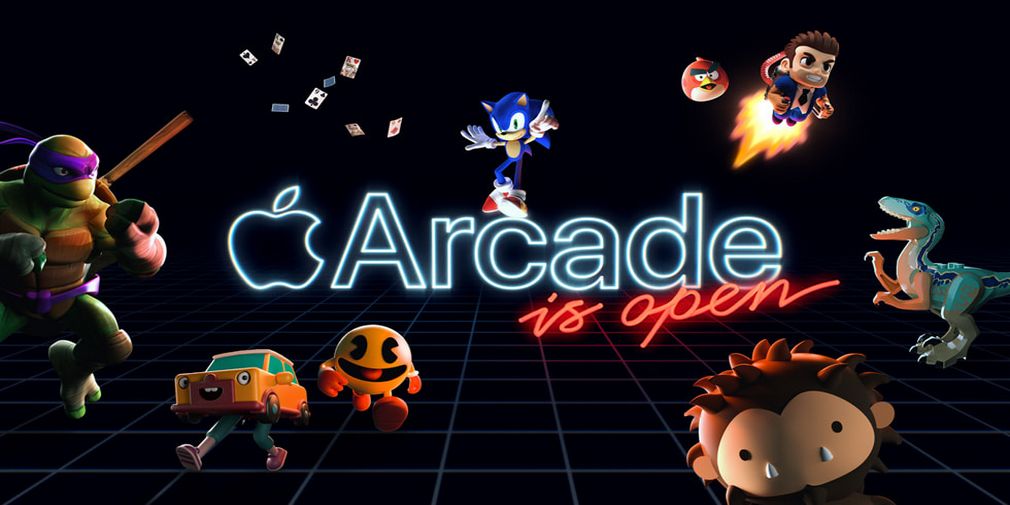
- Apple are set to allow emulators to offer games for download on iOS
- Emulators are used to preserve games, but many publishers fear they’re primarily used by pirates
- Apple has had to make major changes in the wake of massive legislative changes
Apple is set to make a major change to its app store policies by lifting an effective ban on emulators for iOS. As stated in their latest App Review Guidelines, Emulators are allowed on the platform and can offer games for downloads. However, naturally, they also state these downloads must adhere to all “guidelines and applicable laws”. Regardless of the constraints however this is a major change for Apple.
A game emulator is a program that lets you run a virtual version of another platform. So, for example, you can run a computer program that runs the operating system of something like the Nintendo Entertainment System. You can then run programs called ROMs on these emulators, effectively letting them play titles without physical media or (as publishers seem to fear) without buying them at all.
Emulating Apple
So why is Apple doing this now? Well, obviously we need to point to the major changes put in place by the DMA and legislation in the United States that has forced Apple to open their platform to new storefronts. Apple has often been accused of monopolising access to iOS and creating a ‘walled garden’, something they point to as being for user privacy and safety, but others believe is done to stifle competition.
Emulators however are a strange move, considering how notoriously sticky they are. Many players use them for emulating games that otherwise have no discernible means of access, usually out-of-print titles for retro consoles that are exceedingly rare. However, publishers have repeatedly cracked down on them as a means of piracy, something that many major companies like Nintendo have been going after with an increasingly heavy hand.
Whether or not this presents a major change or just some changing technicalities depends on how things develop in the near future. Apple seems to slowly be backing down, and when the first wave of alt-storefronts hits we’ll see just how well, or badly, users receive them.